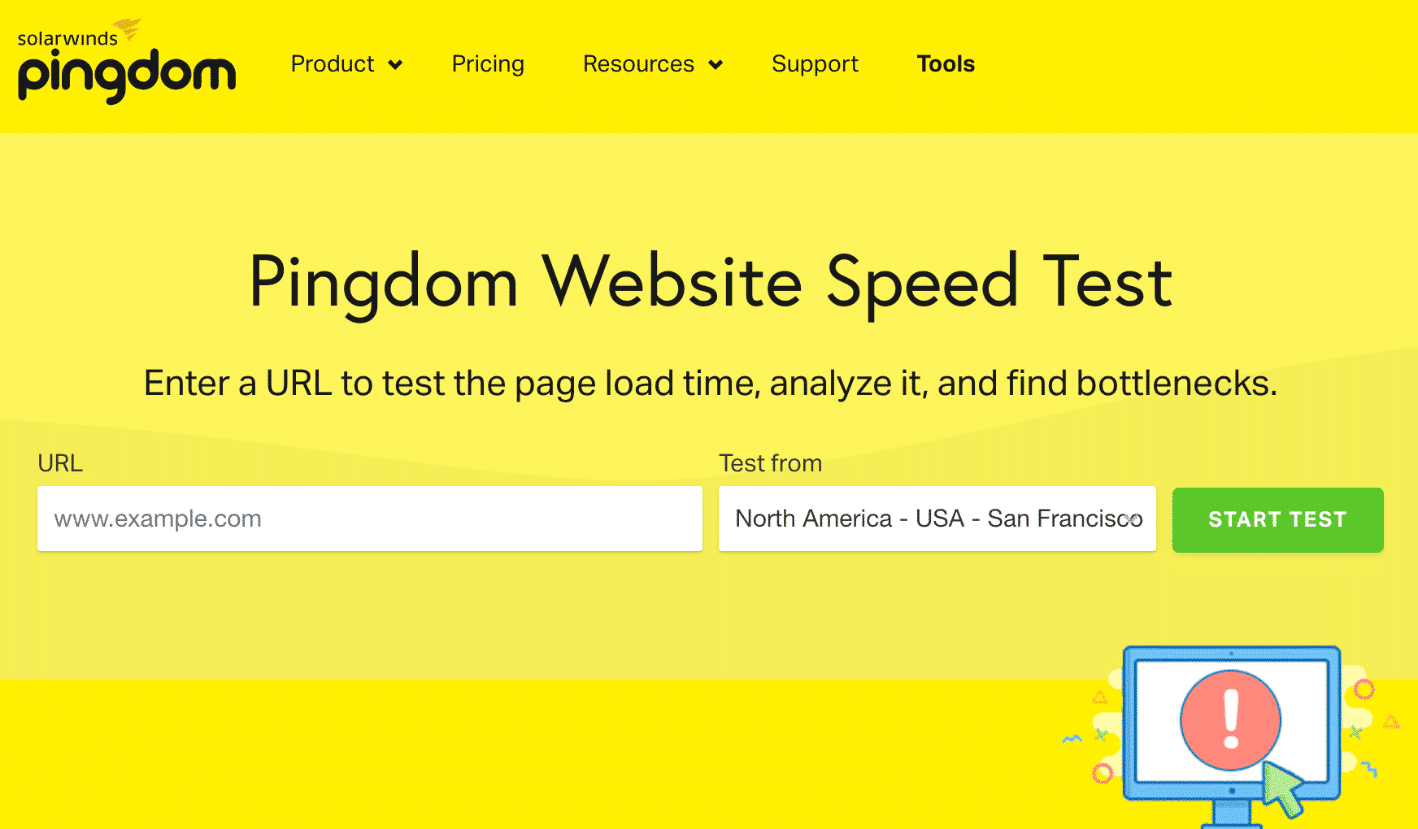What are the most useful marketing tools for your business? Businesses often face a more limited budget for items such as office equipment and supplies, as well as technology such as computers and software. When creating a marketing budget it can be easy to forget all of the different kinds of marketing tools that are available. Take the budgeting process step by step and you should be able to get it done without too much trouble. To help you with this we have compiled a list of useful marketing tools and other items that can help improve your business’s marketing process for small or large business.
Email marketing (and more): InfusionSoft

What it does: InfusionSoft is a bit on the pricey side, but it’s a powerful tool. Its best features are its automation features, which make it insanely effective for marketing campaigns. My delivery rates with InfusionSoft have been excellent!
How much it costs: InfusionSoft is a powerful yet costly email marketing tool. A one-time startup fee of around $2,000 will get you set up. Thereafter, fees range from $199 to $599 per month.
Why it’s worth it: InfusionSoft saves a lot of time. You’ll have to learn the system and get it set up. But once you’ve completed the setup, it’s pretty smooth sailing. Plus, with high deliverability rates and the ability to scale, you’re set for life.
Content Marketing: Buzzsumo

What it does: Buzzsumo allows you to find the most shared content on certain topics or websites. You also can filter the lists according to type of content (e.g., infographics, blogs). Buzzsumo’s advanced features, such as “influencers” and “monitoring,” are powerful ways to get ahead of the competition.
How much it costs:
Limited results: Free
Pro: “Our starter plan is ideal for bloggers and small teams.” Costs $99 per month.
Agency: “For agency teams, with all Pro features, API access & more.” Costs $299 per month.
Enterprise: “Ideal for brands and publishers. Advanced functionality for large teams.” Costs $999 per month
Why it’s worth it – Buzzsumo is a content marketer’s dream come true. If you’re searching for trending subjects, analyzing effective headlines or trying to understand how to create the next viral topic, Buzzsumo is the answer.
Related: 11 Marketing Tools Worth Trying in 2016
3. Graphic Design and Visual Content: Canva

What it does: Not everyone can afford to hire a graphic designer. But nearly any of us can learn to do some basic design ourselves. Canva makes design easy and fast. Its tagline, “Amazingly simple graphic design software,” is spot-on. Canva’s templates are optimized for social media, and they are stunning. A few customizing clicks, and you’re set with eye-popping visual content.
How much it costs: Canva charges nothing for using the cloud-based software. If you use “premium elements” (certain images, etc.), you can pay as you go. Canva For Work is an advanced feature of the tool that charges a monthly subscription of $12.95.https://1dc72645c08b2873a0c66171617df9b0.safeframe.googlesyndication.com/safeframe/1-0-38/html/container.html
Why it’s worth it: You don’t want to skimp on graphic design. Great visual design has a huge impact on how people perceive your brand and interact with your content. Canva will make you look good. And that’s priceless.
4. SEO and Site Speed: Pingdom Website Speed Test

What it does: Improving website speed is one of the fastest ways to improve your SEO and conversion rates. Pingdom’s website speed test helps you do that. Its free report provides instant analysis, plus tips on improving your site speed.
How much it costs: The speed test itself is free. Full website monitoring costs from $13.95 to $454 per month.
Why it’s worth it: For large websites that receive a lot of traffic, full-time monitoring is essential. Just minutes of downtime can cost you traffic and revenue. A monthly cost for Pingdom, to check your website’s status, speed and alerts, can save you money in the long run.
5. SEO: Ahrefs

What it does: Every marketer needs to understand SEO. Ahrefs makes this job simple and straightforward. You can track keyword performance, measure your social metrics, perform backlink analysis, analyze your content, explore trending content, measure your keyword positions and do keyword research. It’s a robust all-in-one SEO tool that will put you on the path to outrank your competitors.
How much it costs: Plans range from $79 to $2,500 per month.
Why it’s worth it: There are plenty of free SEO tools, but few of them provide the full breadth of reliable information that Ahrefs does. Ahrefs’s quality data and reliable results are an essential part of dominating SEO.
6. Social Media: Buffer

What it does: Buffer is social media automation tool. You can schedule updates for Facebook, Twitter, Google+, Facebook and LinkedIn. With a handy browser extension (click to schedule an update), mobile app, calendar, link shortening, optimal timing and social analytics, it’s hard to beat.
How much it costs: Buffer has a free plan with limited features. Its additional plans range from $10 to $250 per month.
Why it’s worth it: When it comes to social media, saving time is critically important. This is exactly what Buffer does. You can fully automate your social media posting, plus set up an ideal posting schedule in seconds. In business, time saved is money saved.
7. Marketing Schedule: CoSchedule

What it does: CoSchedule helps you plan your marketing, organize your campaigns, plan your content and get ahead. Marketing needs to be organized, and so does scheduling. It’s not enough to simply create content and make updates. CoSchedule helps to streamline the process. Its integration with Chrome, WordPress, Google Docs and Evernote makes the process even easier.
How much it costs: Coschedule ranges from $15 per month for a solo user to $600 per month for larger agency users.https://1dc72645c08b2873a0c66171617df9b0.safeframe.googlesyndication.com/safeframe/1-0-38/html/container.html
Why it’s worth it: Staying organized and saving time are the two main benefits of CoSchedule. If your marketing is a jumbled mess of time lines, interest, tweets and unfinished campaigns, CoSchedule can help you sort that all out.
Conclusion
If you’re a marketer, you need tools — good ones. It doesn’t make much sense to skimp on marketing tools.
Why not? When you skimp on tools, you hinder your marketing from getting better. So, regardless of whether you choose these specific tools or not, make it your goal to find tools that you use regularly. Better tools are equivalent to better marketing. Whatever the tool you choose, make sure that you understand it well and that it makes a measurable improvement on your marketing efforts.
